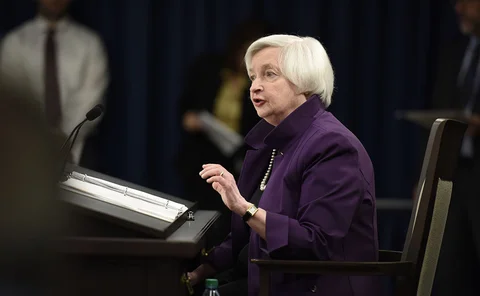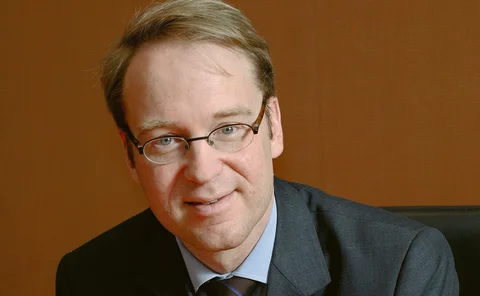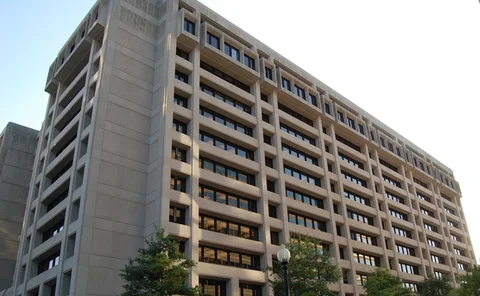Joseph Stiglitz
Stiglitz offers alternatives to standard theories of economic fluctuations
Nobel prize winner argues that endogenously driven variations are key to understanding economies
Joseph Stiglitz on the challenge of fixing macroeconomics
The Nobel Prize-winning economist discusses the flaws in mainstream models and how to repair them, whether central banks went wrong in 2021, and what to do – or not to do – about inflation
Joseph Stiglitz calls for rethink of macroeconomics
DGSE models have “nothing to say” about economic effects of Covid-19 measures, Nobel winner says
Lifetime achievement: Stanley Fischer
Fischer has had a profound impact on monetary economics and central banking during his prolific career
How Turkey’s president created chaos in economic policy-making
Observers allege presidential domination of the central bank, unauthorised FX transactions and untrustworthy statistics
IMF board fails to decide on Georgieva
US and Japan call for resignation but China and many European countries back IMF head
Book notes: The state of economics, the state of the world, edited by Basu, Rosenblatt and Sepúlveda
The 2016 contributions of Nobel Prize-winning economists and others remain relevant to today
Book notes: After the crash, by Sharyn O’Halloran and Thomas Groll
The book seeks to identify seeds of the next crisis, and the overriding impression is a plea for more regulation
Yellen willing to reassess 2% target
Fed chair says question of the right target level is one of the most important facing central banks today; wind-down of QE likely to be dull, she adds
Yellen told inflation target needs revising
Economists say current economic conditions call for a revision in the inflation target; Federal Reserve should appoint commission to advise on “path forward”
Stiglitz urges central banks to focus on credit, not interest rates
Emphasis on interest rates ignores more important question of whether credit is getting where it is needed, Nobel economist argues
Weidmann: Eurosystem has 'stretched its mandate' to contain crisis
Bundesbank president says mismatch of control and liability is diminishing the responsibility of individual states and transferring the consequences of failure onto the European community
IMF says independent central banks have ‘muzzled’ the inflation threat
World Economic Outlook says central banks have little reason to fear inflation resulting from loose policy – so long as their independence is upheld
Fed’s Bullard blasts ‘fiscalisation’ of ECB
James Bullard defends central bank independence while criticising the European Central Bank for mixing monetary and fiscal policy in its outright monetary transactions
Stiglitz slams ‘unconscionable’ central bank independence
Economist Joseph Stiglitz attacks central bank independence, saying conflicts of interest and recent interventions amounting to fiscal policy are unjustifiable for a non-elected body
US must get tough on China to fix imbalances, says Aliber
The US can reduce its government deficit and unemployment rate if it addresses the ‘predatory’ trading and currency policies of China and other Asian countries, says leading economist Robert Aliber
Too big to fail, too big to reform
Robert Pringle and Hugh Sandeman ask is this the damning verdict of the latest batch of books on the financial crisis?
Ex-RBNZ head hits back at inflation-targeting critics
First governor to preside over the introduction of inflation targeting defends framework against recent criticisms
Core business for core financial institutions
Core financial institutions should not be allowed to undertake excessively risky positions such as naked short-selling, says a draft report from a UN commission.
Stiglitz laments US's "bogus" bailouts
Joseph Stiglitz, the 2001 Nobel Laureate, tells CentralBanking.com why the US administration must set up its own lender and stop pandering to the banks if it is to fix the economy.
Inflation targeting a dangerous fad, says Stiglitz
Joseph Stiglitz, the Nobel Prize-winning economist and Columbia University professor, has panned inflation targeting as a "fad" that could lead to economic disaster.


















